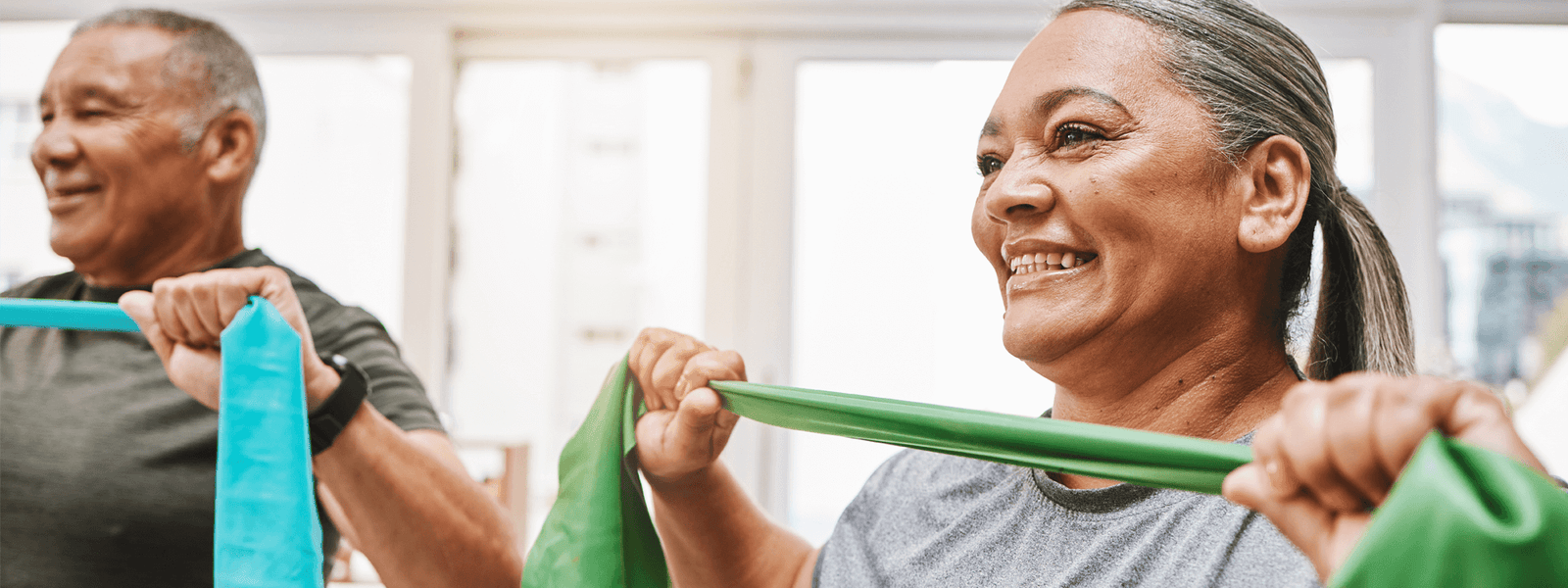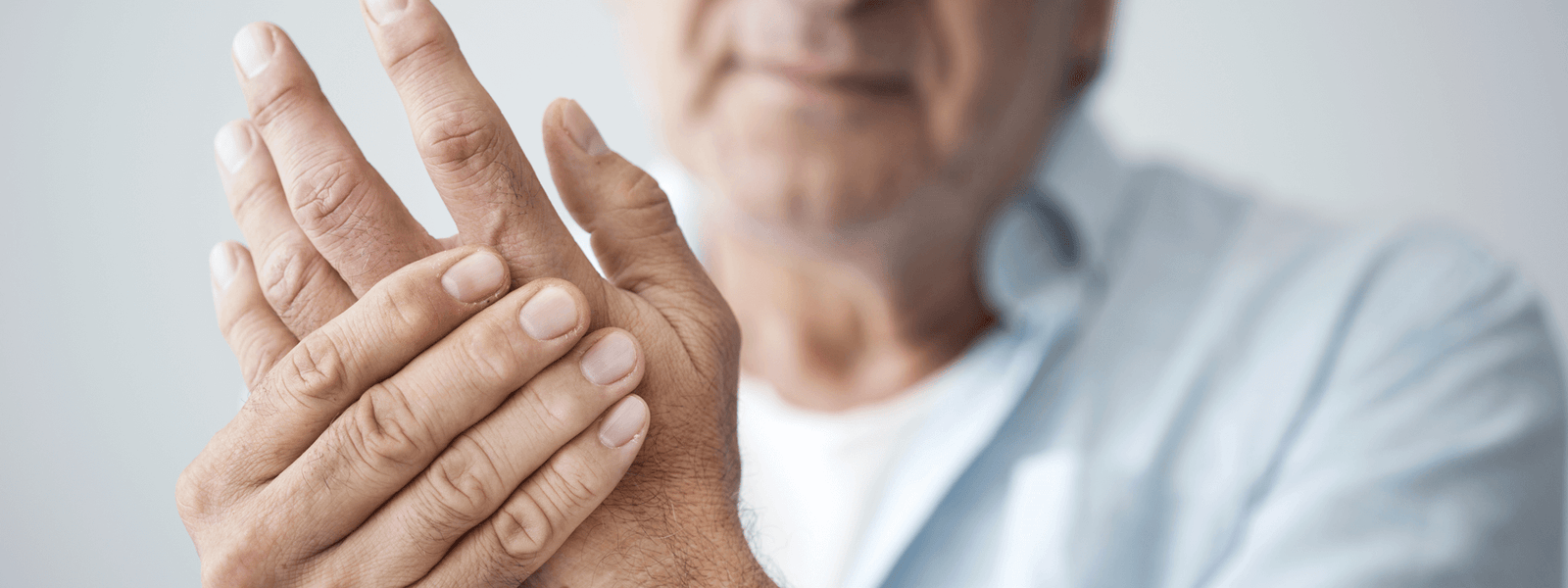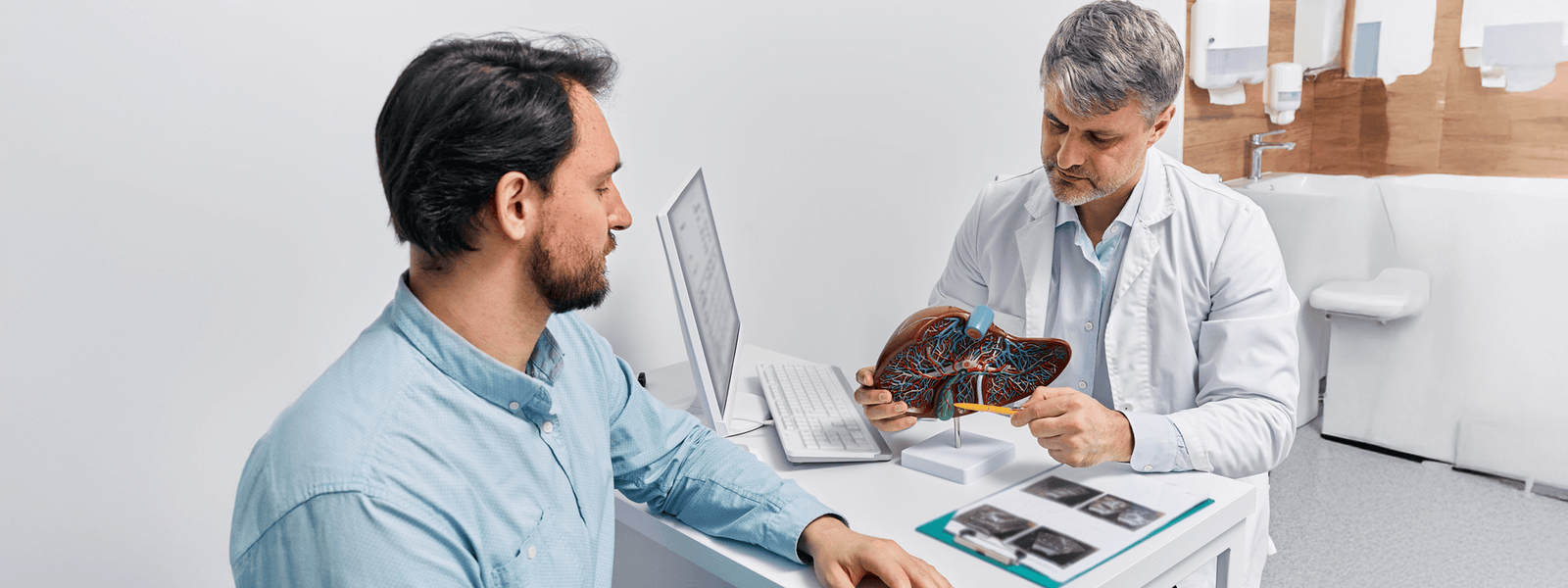Our bones and joints are part of our body’s ‘superstructure’ and are the keys to us maintaining our mobility and independence for longer. Without strong bones and joints, not only will our body’s ‘superstructure’ be weak, but we are also more likely to suffer pain and discomfort.
As part of the natural process of aging, bones and joints become more susceptible to wear and tear; with bones losing their density and joints losing synovial fluid. Unfortunately, brittle bones and stiff joints decrease your quality of life and can leave you feeling a loss of independence.
More than just calcium
Many people are under the impression that the cause of poor bone health is lack of calcium intake; and while that can be a factor, it is only one of them. We all need a certain amount of calcium in an effective, bio-available form; but more often than not, bone loss is triggered when the blood becomes slightly acidic. In other words, when there is a pH imbalance.
Because the human body cannot survive if the blood becomes acidic, the body’s systems take action to ensure immediate survival, even though this could lead to future problems if not rectified. In this case, the body reacts by drawing calcium out of the bones to neutralize the acid in the blood.
So what should we do to maintain good bone density?
1. Alkaline foods
Getting your body pH right not only benefits your bones, but also your circulatory, urinary and digestive system as well! In the first instance, eat plenty of alkaline foods to reduce your risk of blood acidity. Alkaline foods include majority of vegetables - especially leafy greens, and fruits like lemon, watermelon, mango, apples, pears and kiwifruit.
We would also suggest reducing the amount of sodium you consume as that can cause excessive calcium excretion through the kidneys. Reducing the amount of meat and cheese is also a good idea as they are more acidic to the body.
2. Get natural vitamin D
Get plenty of sensible sunshine. Vitamin D is crucial to bone health. The amount of Vitamin D your body can produce and store in 20 minutes of direct sunshine is more than taking a month's worth of high dose Vitamin D supplements. Plus there is reason to believe that the sunshine has health benefits that science is not even aware of yet.
3. Do some sensible weight-bearing exercise

This is critical. The bones are a living tissue and, like muscles, they need resistance training. If you are unsure of where to start, consider joining a gym. There is, however, a right and wrong way to do it. The best way to learn is to join a gym and get plenty of support and supervision when you first start out. Remember, the gym is not just for younger folk – it’s for older folk, too!
4. Supplements
Apart from diet, exercise and sunshine you can also supplement to help support healthy pH levels in your blood with green superfoods such as our Zupafood GREENZ and Zupafood ELITE. You can also take a natural, high-quality calcium supplement like our Bone-Support.
What about my joints?
Joint health is something you can easily be proactive about. Regular exercise is the best thing you can do to help alleviate joint discomfort. If you don’t use it, you lose it.
Taking natural supplements like fish oil or green lipped mussel powder can help support healthy inflammation management. Green lipped mussels are also a natural source of glucosamine and chondroitin to help manage cartilage health.
If you are interested in taking a natural approach to managing or balancing your health, I suggest you drop our customer relation’s team an email at customer.service@xtend-life.com, outlining your concerns and health objectives. This team is totally dedicated to one-on-one customer support and recommendations. Their advice is free and they have a clear understanding on taking a holistic approach to help you look and feel your best - naturally.
In good health.


 Supplements
Supplements Superfoods
Superfoods Bundles
Bundles



















